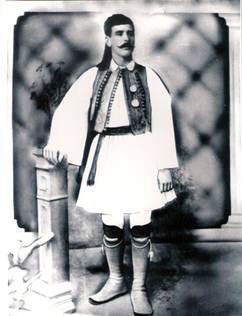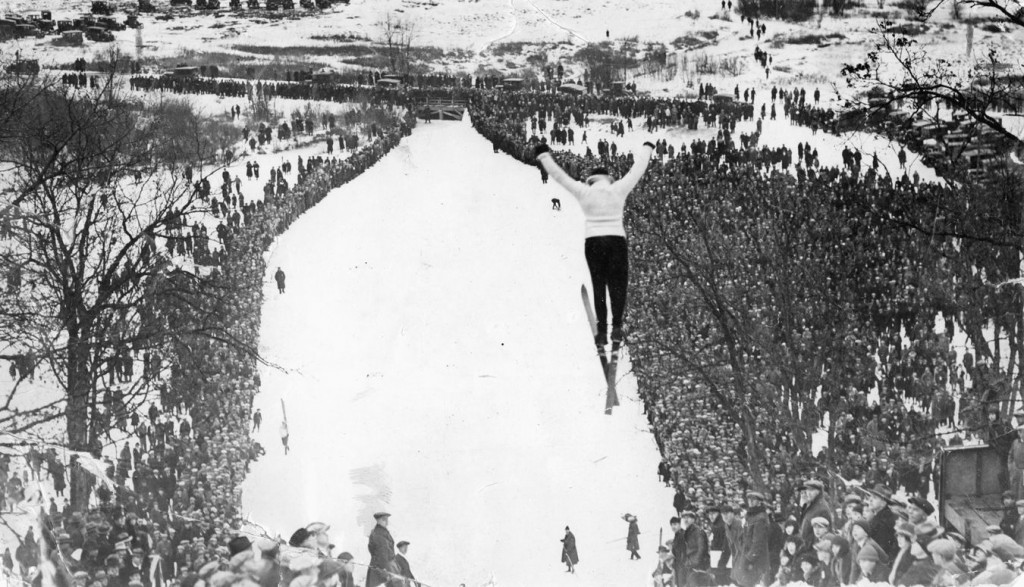Olympics…The word conjures up images of excellence, fortitude, and sacrifice. The very motto of the Olympics Citius, Altius, Fortius, which is Latin for “Faster, Higher, Stronger” illustrates the goals of all athletes.
The modern games started in Athens, in 1896. Spyros Louis was the first winner of the marathon .
.
“The Games had the largest international participation of any sporting event to that date, including competitors from fourteen nations. The Panathinaiko Stadium – the only ancient Olympic stadium used in the 19th century – overflowed with the largest ever crowd to watch a sporting event, amounting to more than 80,000 spectators. The highlight for the host nation, Greece was the final race of the Games – the marathon victory by their compatriot Spyros Louis.” ~ run247.com
Since that time the Olympic games has been the pinnacle of amateur sports and the one event where the world got to witness sports which were not commercially viable. Sports like discus, high-jump, and wrestling.
These sports required dedication like none other. As non-professional sports these events required special devotion since the athletes were not doing it for the money, there was no money; they were doing it because they loved the sport.
For example, someone who is a professional cyclist might expect to make $100K a year. That means they can devote all their time and effort to their sport; it pays the bill. They can then go and compete for a gold medal in the Olympics. An athlete specializing in javelin toss however needs to have a regular job. Most nations don’t really support their amateur athletes. There are some exceptions, like China for example which devote large amounts of resources to their athletes but here in Canada, most amateurs are on their own.
That has changed with the increase of profession athletes in the Games. Basketball, for example, was added in 1936, the year before the NBL (National Basketball League) was founded. However, the NBL was originally the Midwest basketball conference and was founded by GE, Firestone and Goodyear in 1935. Meaning in the US, basketball was a professional sport before it was added to the Olympics. Professional athletes began to be officially allowed to play in 1986 and since then the Olympics had really been about the money.
In fact it is so much about the money that in 1998 it was uncovered that several IOC members were bribed to have the Winter Olympics hosted at Salt Lake City. Bribery allegations have plagued the games every time since. This is in part due to the fact hosting the games marks an increase in trade for the host nation. Hosting the games is big money.
IOC also began the commercialization of the games in 1972 seeing their revenue swell from $2 million in 1972 to over $225 million just 12 years later. This is explained by the fact IOC incurs none of the costs of hosting the games (host countries do) and yet controls all of the rights and profits from the Olympic symbols. They also take a percentage of all the sponsorship and broadcast income. (wikipedia) So where does that money go?
To give you an idea of how ridiculous it is, while the games are on non-official broadcasters are not allowed to call it “the Olympic games”. They will have to refer to them as “the Sochi games”. And even the word “games” has been contested.
To further exemplify the shift the IOC has taken, wrestling has been removed from the Olympics. Wrestling was one of the sports in which no professional athletes participated. Mainly because professional wrestling or “wrassling” as it is know is more about showmanship than athletic endeavour. Greco-roman wrestling has been in the modern Olympics since it began!
It will not be long before MMA is entered along with bowling and golf as Olympic sports. Not because it deserves to be, but because it is more financially viable.
In truth, given the motto “Faster, Higher, Stronger” no judged sport belongs in the Olympics. No gymnastics, no figure skating, no diving, nothing were a judge can be bribed and the score is subjective. If you look at the list of controversies for the Olympic games, there is not a single games without incident most of them for this very reason.
The beauty of the faster, higher, farther motto is that it doesn’t matter how you do it, simply that you do. For example, the Germans experimented with raising the arms above the head in ski jumping believing the added surface area would help them fly farther. Perhaps it did, perhaps it didn’t what mattered is that the athletes were not scored on artistic impression and nonsense like that, simply on how far they flew. Even ski jumping however is now infected by the subjective judgements of spectators.
The Olympics needs to return to it’s roots. It needs to be for amateurs only. It needs to lose the judged sports and it needs to be non-profit. The Olympic games belong to everyone. They’re the world’s showcase of athletic endevour and if it means getting rid of the IOC to achieve this so be it.

